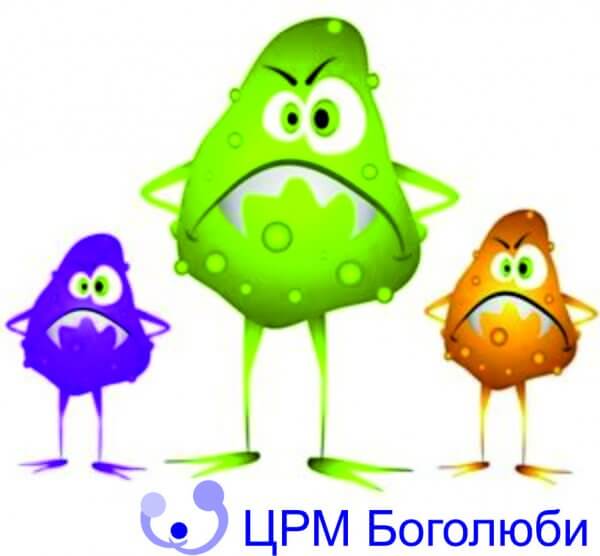The term dysbacteriosis, which has recently occurred at every step, means a general deterioration in the state of the bacterial flora, and is usually accompanied by an adjective (vaginal dysbiosis, intestinal dysbiosis, skin, oral, etc.). But when we simply say «dysbiosis», then, usually, we mean changes in the intestinal microflora, especially the colon.
Every day, television ads bombard our minds, annoyingly recalling the extreme importance of the normal balance of microflora. We may be fed up with this information, but there’s nowhere to get away from the truth; friendly symbiotic bacteria of the body should prevail to prevent the growth of pathogenic bacteria, improving the functionality of the intestinal mucosa and, therefore, the health of the whole organism.
Despite the high importance of our microflora, dysbiosis in a separate disease is not allocated by official medicine. Although it is precisely with dysbiosis that proponents of alternative approaches to human health associate the occurrence of:
- food allergies;
- imbalance in the immune system;
- autoimmune diseases;
- fungal diseases (especially candidiasis);
- infections of the genitals and urinary tract;
- predisposition to cancer of the colon and rectum.
Causes of dysbiosis
Microorganisms that live in our intestines live mainly due to food debris, and each bacterial strain can be said to have its own individual gastronomic preferences. Undoubtedly, the most common cause of dysbiosis is unhealthy diet: overeating, abuse of sugar, alcohol, meat, insufficient amount of plant foods. Various dietary supplements, hormonal drugs and pesticides, which are found in abundance in the foods we consume, can become the cause of dysbiosis The contribution to the development of dysbiosis of the neurogenic causes should not be underestimated; stress, depression.
Symptoms of dysbiosis
Speaking of the gastrointestinal tract, attention is drawn first of all: bloating, nausea, vomiting, flatulence, constipation, alternating with diarrhea. It is important to note that in women, dysbiosis is responsible for recurrent genital infections. Non-specific symptoms may also occur, such as sleep disturbance, mood changes, increased susceptibility to infections, fatigue and general weakness.
How to treat dysbiosis
We can consider dysbacteriosis as a widespread disorder, the result of food cravings and lifestyle, or as a disease resulting from drug therapy or surgery. In the first case, it is enough to remove suspected food from the diet within a week. Look at the effect. If there is an improvement, and when you return to old habits, the symptoms also return, the food provocateur must be removed from the diet for several months.
There are cases when dysbiosis is not associated with a specific product, but is provoked by putrefactive fermentation. (This condition is often exacerbated by taking antibiotics in the background of a diet rich in animal protein and complex carbohydrates.) It is important to take measures aimed at changing the nutrition: diet low in starch, sugar. Remember that our flora is a mirror of our diet.
















